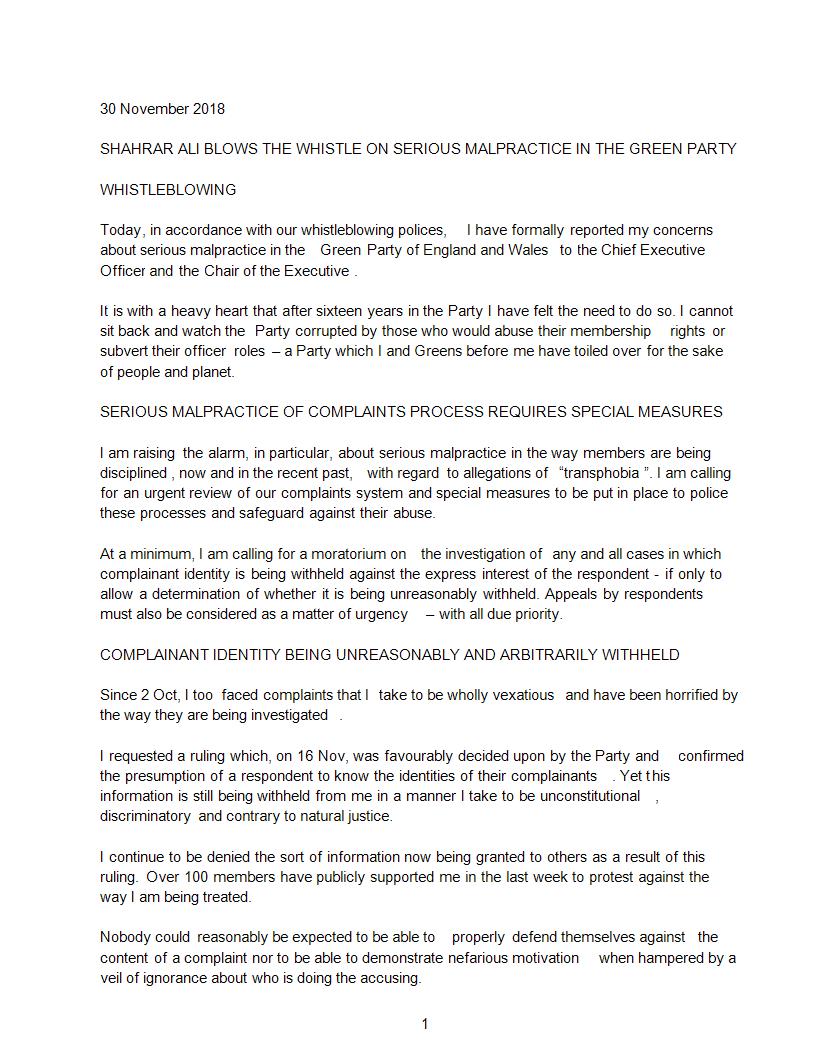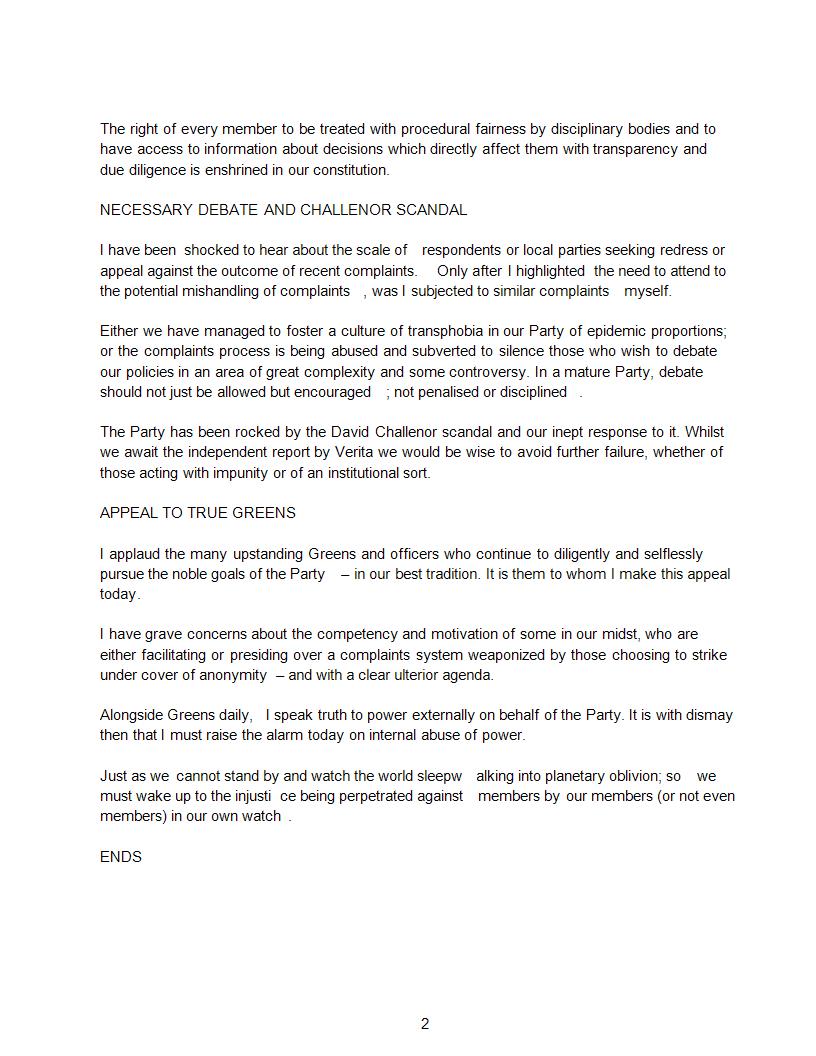
Purpose of evaluation?
Who controls the evaluation?
What knowledge is honored (or rejected)?
How evaluation gains legitimacy?
Longer answer: We have to do so whenever we are doing so with situation of contested human rights, or when the evaluand (what is being evaluated) is about social change, or structural change.
1. Defining questions rarely up to eval, may never know where came from.
2. Approach to evaluation, tends to rest mainly with client.
3. Deciding methods, sometimes in RFP, but mostly entirely up to evaluator
5. Dissemination: almost always the client. Products go and sometimes you don't know where they go, and even evaluation manager might not know.
1. Questions: client
2. Approach: evaluator
3. Methods: mostly client, often don't have enough money.
4. Analysis: mostly evaluator, more efficient
5. Dissemination: all client.
Advocate for participatory approaches, from start to finish.
Take appreciative approaches, especially in situations where there is already a negative bias.
Here's the link: amazon.com.au/Politics-Evide…
engineering science, and in adducing such scientific heritage...)









